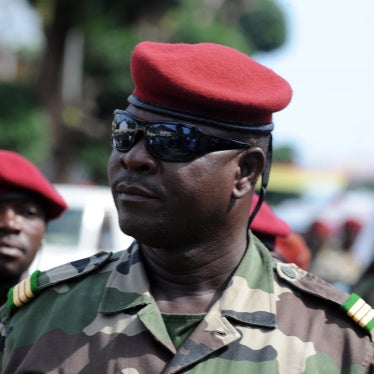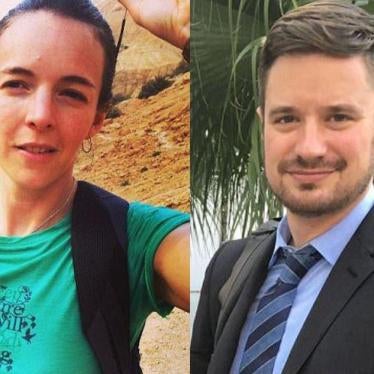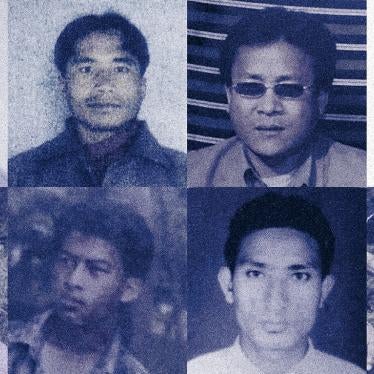Human Rights Watch deeply regrets that the shift of the mandate of the Independent Expert on Sudan from Item 4 to Item 10 was used by the Sudanese authorities to restrict the ability of the mandate holder to monitor the human rights situation in the country and to prevent the identification of human rights violations and abuses. We are concerned that this is happening while the human rights situation in the country has seriously deteriorated.
Across Sudan the government continues to deploy security forces to violently disperse peaceful protesters in June and July 2012. Hundreds, possibly thousands of protesters were arrested and detained. Many were subjected to ill-treatment and torture. While the government announced the release of all detainees in August, Sudanese monitors report that dozens of individuals remain in detention. Meanwhile, Human Rights Watch also documented political repression in the wake of fighting with South Sudan in April 2012. Sudanese authorities, particularly the National Intelligence and Security Service (NISS), censored articles, harassed and threatened journalists, and arrested political opposition members.
In Southern Kordofan’s Nuba Mountains and in Blue Nile state, Human Rights Watch has documented serious violations of international humanitarian and human rights law, including indiscriminate bombings of civilian areas by government forces, destruction of grain and water sources that are critical to the survival of the population, arbitrary detentions, and sexual violence against women. Such attacks may amount to war crimes and crimes against humanity. Humanitarian aid groups continue to be restricted from accessing areas outside government-controlled towns where civilians are in dire need of food aid since the conflict began in June 2011.
Human Rights Watch is concerned that the Independent Expert was not granted access to Darfur despite his request. Darfur remains heavily militarized and under a state of emergency. The government heavily restricts movement of the AU/UN peacekeeping mission and NGOs. The government has done little to address human rights violations, including cases of arbitrary arrest and sexual and gender based violence. In August, government forces violently dispersed student-led protests in Nyala, South Darfur, killing at least twelve young protesters.
Human Rights Watch also documented an increase in hostile, intolerant rhetoric targeting southerners and non-Muslims after the South’s secession. The rhetoric included statements by Sudanese President Omar al-Bashir and sermons by Salafist clerics. At the same time, local groups have reported an increase in Sharia law cases that contravene human rights norms, such as death by stoning and convictions for apostasy. Sudanese authorities also continue to apply public order laws in a way that discriminates against women and girls.
Human Rights Watch believes that the gravity of the situation in Sudan necessitates the appointment of a Special Rapporteur under agenda item 4. We call on the Council to clearly request the Government of Sudan to allow the mandate holder to monitor violations in all parts of Sudan and report back to the Council, to evaluate the implementation of the recommendations identified by the Group of Experts on Darfur and to specifically investigate violations in Southern Kordofan and Blue Nile states and report back to the Human Rights Council during its 22nd session, in particular access for humanitarian agencies to civilians affected by the conflicts.








